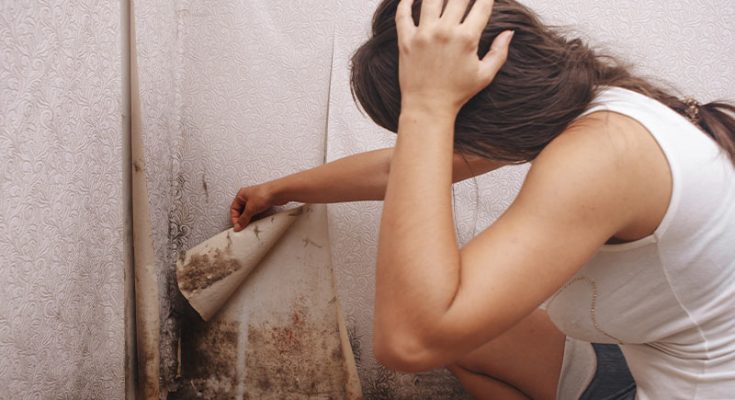If you are living in a home that is in disrepair, you may be entitled to compensation. If you feel that the conditions within your home are unsafe, you should consider contacting no win no fee solicitors for tenants in the UK. These experts can help you with any issues you are having. You should always check on your property regularly and report any problems to your landlord. In addition, you should also check your garden for any signs of damage.
Compensation for housing disrepair
If your home has suffered from severe disrepair and you feel unsafe staying there, you can claim compensation. The amount you receive depends on the type of disrepair and how long it’s been an issue. Your compensation may also include the cost of replacing items damaged by water or mould. Damaged items could include your television or bedding. In some cases, you may even be able to claim for the inconvenience it causes you.
The UK law requires landlords to make repairs to their properties. If the damages caused by housing disrepair are severe, you may be able to claim compensation through a court order. However, these court orders are only available for the most severe cases. In the event of a less severe case, you may be able to seek legal assistance from an organisation that specialises in this area.
Housing disrepair is a common complaint, and it’s entirely possible to claim compensation if your landlord failed to meet your needs. However, remember that you must give the landlord a reasonable amount of time to make repairs before you make a claim.
Common causes of housing disrepair
Housing disrepair has a number of causes. If your home is in poor condition, you may suffer health issues that range from respiratory problems caused by damp air to carbon monoxide poisoning and gastrointestinal problems. It can also lead to mental health problems. If you have suffered from these problems, you should consider filing a claim to recover damages from your landlord. While it may not be enough to repair your home, you should be able to receive compensation for any financial losses.
When filing a housing disrepair claim, the first step is to document the damages to your home. This can be done by taking photographs or documentary evidence. You must also provide the landlord with notice of your claim within six months of the date the damage occurred. Once you have provided the notice, your landlord is no longer liable for the damages.
In addition to seeking compensation for damages caused by housing disrepair, tenants may also choose to take legal action against landlords for the damage to their property. In such a case, you must provide evidence that your landlord breached his/her duty to maintain the property. The landlord must then be given a reasonable amount of time to make repairs.
Legal protections for tenants in cases of housing disrepair
The Disrepair Protocol sets out specific procedures and timetables for tenants who are experiencing housing disrepair. The protocol also encourages tenants and landlords to work out a dispute without resorting to the courts. The protocol states that if a landlord refuses to repair the property, a tenant must file an early notice letter. A tenant who receives an early notification letter must report the damage to the landlord and give a reasonable amount of time for the landlord to make repairs.
In New York, a tenant has a legal right to live in a habitable, clean, and safe apartment. The lease should include a warranty of habitability. A landlord cannot deny this warranty without your written consent, and the court will not enforce a lease that does so. In addition, a landlord has a duty to maintain the unit in good condition.
Health issues resulting from living in a poor environment
Living in an environment that is not clean and healthy is one of the most common reasons for chronic health problems, and it is also one of the most preventable. Pollution can cause residents to spend less time outside, and their family members can be exposed to secondhand smoke. In addition, people who live in a poor environment are likely to be malnourished, which has a long-term impact on health. Poor nutrition also contributes to chronic kidney disease (CKD). CKD causes the kidney to fail and is progressive, with each stage requiring continual dialysis. In some cases, the condition can progress to stage five, requiring kidney transplantation.




